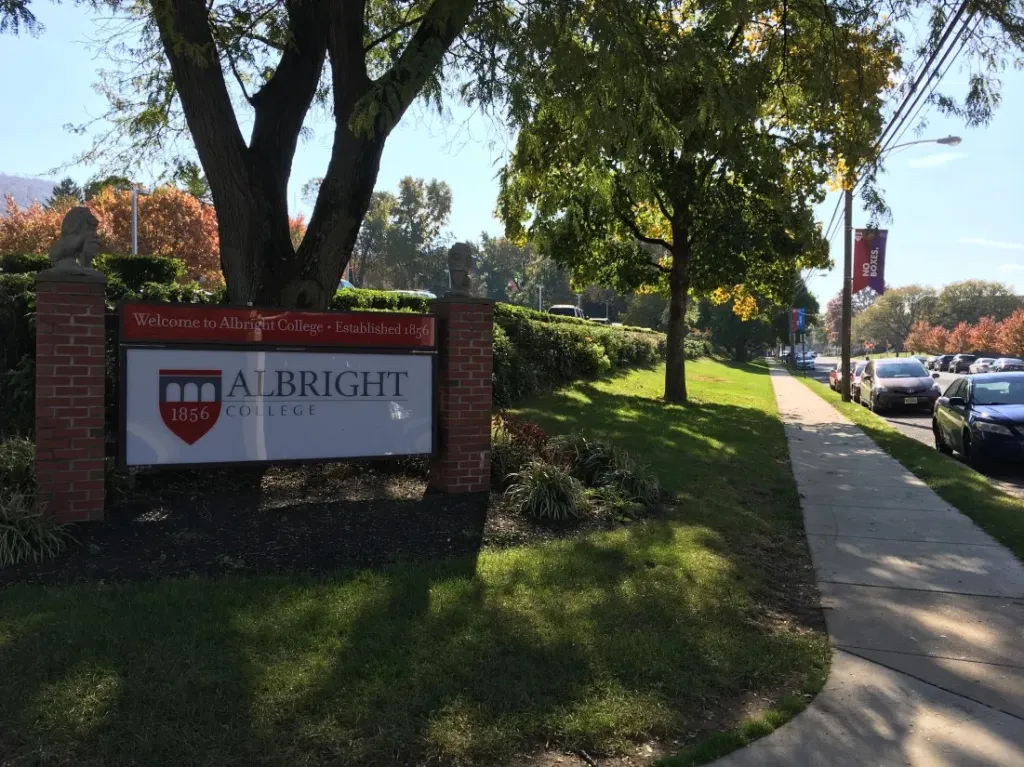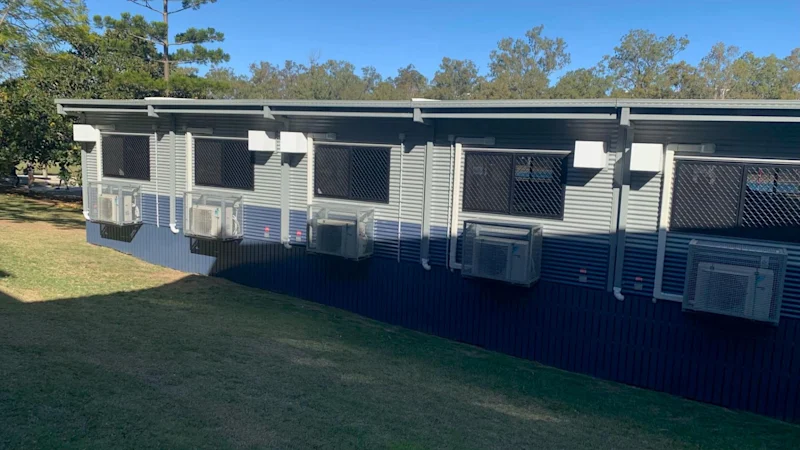
For information on submitting an obituary, please contact Reading Eagle by phone at 610-371-5018, or email at obituaries@readingeagle.com or fax at 610-371-5193.
Most obituaries published in the Reading Eagle are submitted through funeral homes and cremation services, but we will accept submissions from families. Obituaries can be emailed to obituaries@readingeagle.com.
In addition to the text of the obituary, any photographs that you wish to include can be attached to this email. Please put the text of the obituary in a Word document, a Google document or in the body of the email. The Reading Eagle also requires a way to verify the death, so please include either the phone number of the funeral home or cremation service that is in charge of the deceased’s care or a photo of his/her death certificate. We also request that your full name, phone number and address are all included in this email.
All payments by families must be made with a credit card. We will send a proof of the completed obituary before we require payment. The obituary cannot run, however, until we receive payment in full.
Obituaries can be submitted for any future date, but they must be received no later than 3:00 p.m. the day prior to its running for it to be published.
Please call the obituary desk, at 610-371-5018, for information on pricing.
One year after a financial downturn threatened its existence, Albright College is stable and poised to grow.
That was the message underlying Albright President Debra M. Townsley’s first State of the College address.
The virtual presentation Sept. 25 saw college officials give updates on the direction of the college’s programming, extracurriculars, finances, student outcomes and more.
“We’re entering a phase that’s transformational for Albright,” Townsley said.
In recent years, Albright has faced the same challenge as many small liberal arts colleges throughout the nation: A smaller pool of college attendees, leading to a drop-off in enrollment.
About 1,600 undergraduate students were enrolled in the college before COVID-19, but the numbers have since dropped to about 1,200.
However, enrollment may be on the upswing, according to Townsley, who noted the college welcomed 450 incoming and transfer students for the 2025-26 school year.
“That’s about a 20% increase over last year’s incoming class,” Townsley said.
She attributed the change to doubling the number of admissions counselors and using location-based marketing to recruit students most likely to find value in Albright’s offerings.
Albright’s total enrollment currently sits at just over 1,200, about 1,135 of whom are full-time, mostly residential students.
Financial recovery
The college has treated its financial bleeding by cutting costs: phasing out majors that few students choose, like American civilization, Latin American and Caribbean studies, and urban affairs, and reducing its staff size by about 140.
The departed employees include former President Jacquelyn Feltrow, who left the role in May 2024.
Townsley was chosen due to her experience working with colleges in financial turmoil, having previously navigated turnarounds for five institutions.
Albright has also taken measures to generate cash, such as by selling off unused dormitories and other properties, and auctioning the college’s art collection.
Those measures have contributed to an overall positive gain of $9 million in net assets for the fiscal year ending in May, said Larry Bomback, Albright interim chief financial officer.
“The previous year, Albright had reported a loss of over $20 million,” Bomback said. “It’s a really major swing.”
He noted the college faced an operating deficit of about $15 million in previous years.
“That has now been narrowed over this past year to $3 million,” Bomback said. “By the end of financial year 2026, we hope to close that gap and get to a break even or better situation.”
To help achieve that goal, Albright officials have authorized a $15 million withdrawal from the college’s $65 million endowment fund, Bomback noted.
That authorization is primarily meant to fund renovations to the former Gingrich Library, which will be renamed the Joyce Family Foundation Learning Commons.
The renovated building will house a student support and disability center, a writing and tutoring center, expanded cultural resources and access to technology, new conference space, and a café, as well as other capital improvement and maintenance projects.
Bomback noted funds will be withdrawn as needed, and the college has yet to take anything from the endowment.
“The bottom line is we are really operating within our means now,” Bomback said. “We have rightsized the institution from a cost standpoint to really match the realities of what can be expected to come in through enrollment, philanthropy and other revenue.”
Positioned for growth
After turning a corner financially, Albright aims to position itself for growth, officials said.
That involves offering programs that draw student interest and make them marketable to employers.
“We have reintroduced the computer science major,” Townsley said. “We have announced that we will be doing an artificial intelligence major, a cybersecurity major. We just started a co-major in sustainability.”
The college also recently announced an expansion of its fully online MBA program, with the addition of concentrations in artificial intelligence, analytics, cybersecurity, finance and health care administration.
The college is also revamping its co-curricular and athletics offerings, Townsley said.
“We know that student athletes academically perform at a higher level,” Townsley said. “We retain student athletes at a higher level.”
One major change was the conversion of the school’s swimming pool into a wrestling center.
Townsley said the pool cost about $1 million per year to run, which is less than what the conversion cost, Townsley said.
“When we realized we don’t have a swim team and our students don’t really swim, what is the better use?” Townsley said.
She noted the school has hired coaches for the new men’s and women’s wrestling programs.
Other new programs include women’s flag football, and stunt — a combination of cheerleading and dance — and the school is looking to add an ice hockey program.
She also highlighted the schools’ arts offerings, such a theater program that puts on five productions annually, and a fashion program through which undergraduate students can show their designs during New York Fashion Week.
“(Albright is) the only undergraduate college where students show their designs during New York Fashion Week,” Townsley said. “It’s fantastic for our fashion program, which is one of our largest.”
Moving forward, Albright is looking to expand its scholarship offerings and focus further on adding programs and facilities that meet student demand.
“Education is changing,” Townsley said. “The demands of what the public wants from education is changing. We spent a year taking out some of the programming that wasn’t specific to our mission. Now we’re stabilized and starting to grow.”



